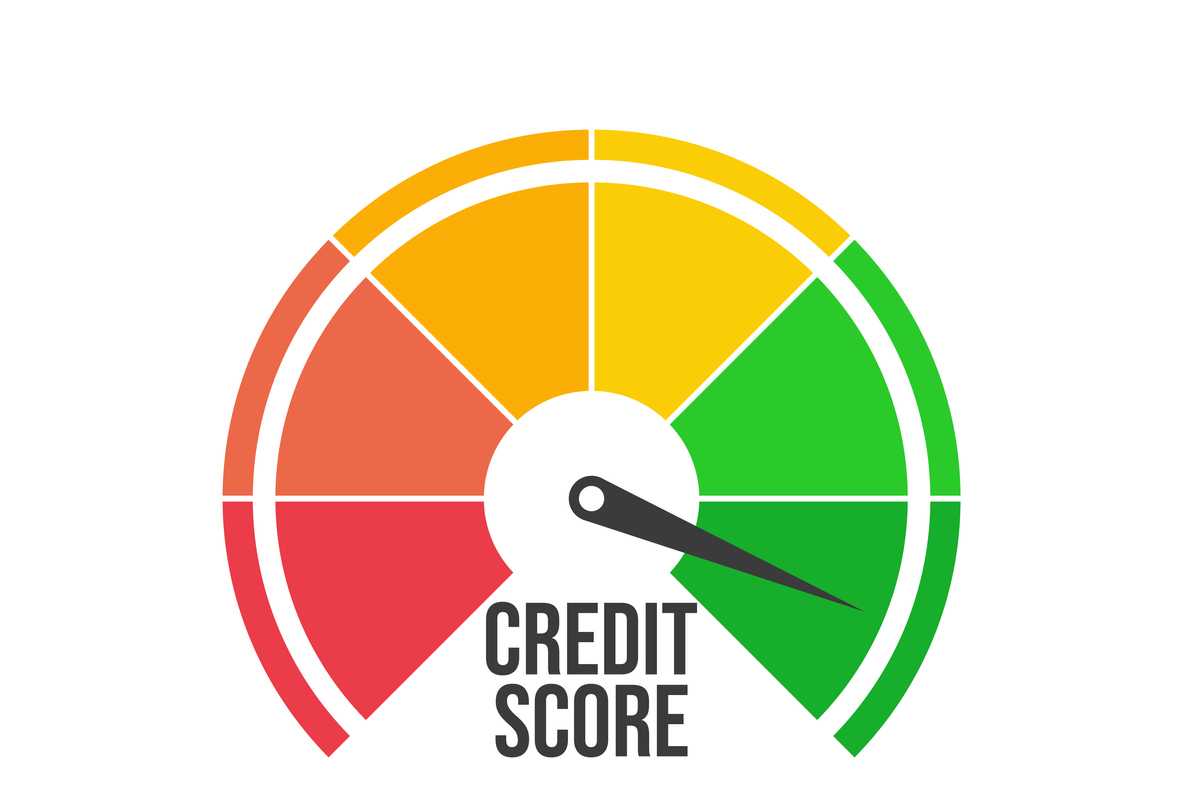
In the vast landscape of personal finance, few things hold as much sway over our financial well-being as our credit score. Whether you’re applying for a loan, renting an apartment, or even setting up utilities, your credit score plays a pivotal role in determining your financial opportunities. But what exactly goes into calculating this all-important number? Let’s delve into the world of credit score algorithms to uncover what really matters.
1. The Basics of Credit Scores:
Before we dive into the algorithms, let’s cover the basics. A credit score is a three-digit number that reflects your creditworthiness, essentially how likely you are to repay borrowed money. Scores typically range from 300 to 850, with higher scores indicating better creditworthiness. The most commonly used credit scoring models are FICO® Scores and VantageScore®.
2. The Components of Credit Score Algorithms:
While the exact formulas used by credit scoring models are closely guarded secrets, we do have insights into the key factors they consider:
- Payment History (35%): This is the most significant factor in determining your credit score. It reflects whether you’ve paid your bills on time and accounts for any late payments, bankruptcies, or collections.
- Credit Utilization (30%): This measures the amount of credit you’re using compared to your total available credit. Keeping your credit card balances low relative to your credit limits can positively impact your score.
- Length of Credit History (15%): The age of your credit accounts matters. Generally, a longer credit history suggests more experience managing credit responsibly.
- Credit Mix (10%): Lenders like to see a mix of different types of credit, such as credit cards, installment loans, and mortgages. This demonstrates your ability to manage various types of credit responsibly.
- New Credit (10%): Opening several new credit accounts in a short period can be seen as risky behavior. It’s best to space out credit inquiries and new account openings.
3. Understanding the Impact of Each Factor:
While payment history and credit utilization carry the most weight, all factors play a role in shaping your credit score. It’s essential to understand how your financial behaviors influence each component and, ultimately, your overall creditworthiness.
4. Tips for Improving Your Credit Score:
Now that we understand what matters most to credit scoring algorithms, let’s explore some strategies for improving your credit score:
- Pay your bills on time, every time.
- Keep credit card balances low relative to your credit limits.
- Avoid opening multiple new credit accounts within a short timeframe.
- Monitor your credit report regularly and dispute any errors.
- Be patient and consistent in building a positive credit history.
5. Conclusion:
Your credit score is a powerful financial tool that can open doors to opportunities or slam them shut. By understanding the components of credit score algorithms and how they impact your score, you can take proactive steps to improve and maintain healthy credit. Remember, building good credit is a journey, not a sprint. Stay informed, make responsible financial decisions, and watch your creditworthiness soar.
